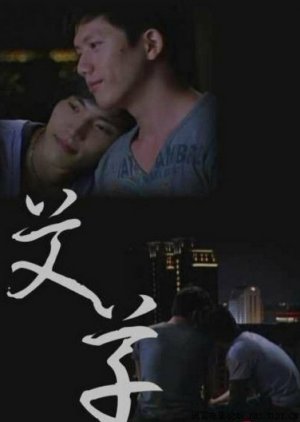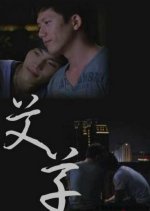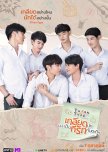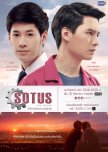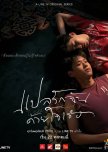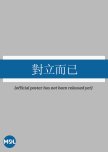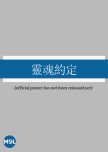Ai Chao means Artemisia. It's also the name of this film's protagonist — a 58-year-old Taiwanese woman. When Ai Chao was young, without her mother's approval, she married her mainland-born husband, who was 20 years her senior. After her husband died 20 years ago, she raised her son and her daughter by herself. Now, not only have her children grown up, but the social norm in Taiwan has also changed. It's Ai Chao's turn to face the reality of her family affairs. Despite the conflicts and gaps in generations and culture, the bond and love in a family ultimately prevail. Edit Translation
- English
- magyar / magyar nyelv
- dansk
- Norsk
Cast & Credits
- Morning Mo Main Role
- Gary TangHsiao FanSupport Role
- Niki ChowSung LingSupport Role
- Chou Heng Yin Unknown
Reviews

This review may contain spoilers
A family centered story
Overall: this centers on Artemisia, a woman with a queer son, a daughter studying/living abroad who then returns with a surprise and a bigoted, penny-pinching motherContent Warnings: the grandma is very bigoted but it is not shown in a positive way
What I Liked
- the m/m had an actual realistic conversation about thoughts on planning a trip together and whether or not to come out
- the kiddo is super cute
- showing challenges and working through them (Artemisia)
- the mom hanging up that underwear to dry was hilarious
Room For Improvement
- the boyfriend coming over unannounced felt like an ambush and was forcing the son to do something he wasn't yet ready for
- the ending feels a bit abrupt or too open ended, though you can infer what is happening with the son and his boyfriend and I liked the tai chi (I think that's what it is)
Was this review helpful to you?

But the film is not only about a gay son, as written in the Details about the film. It is a psychological probe into a multi-generational and incomplete Taiwanese family headed by mother Ai-Tsao. She must gradually cope not only with the growing suspicion that her son is gay and with a greedy mother (grandmother, very well played) who pays attention to the social "conventions" of Taiwanese society in the first decade of the twenty-first century, but also with her daughter, who returns from studies abroad and, as a single mother, brings home a black girl (whom she conceived while studying with a dark-skinned man, with whom she then did not agree on living together). In fact, even the mother herself (Ai-Tsao) did not live a conventional life. Maybe someone will find the story slow and long-winded, but it didn't seem like that to me, and on the contrary, it nicely conveyed the not-so-simple fates of several characters through film.
Was this review helpful to you?
Recommendations
There have been no recommendations submitted. Be the first and add one.

